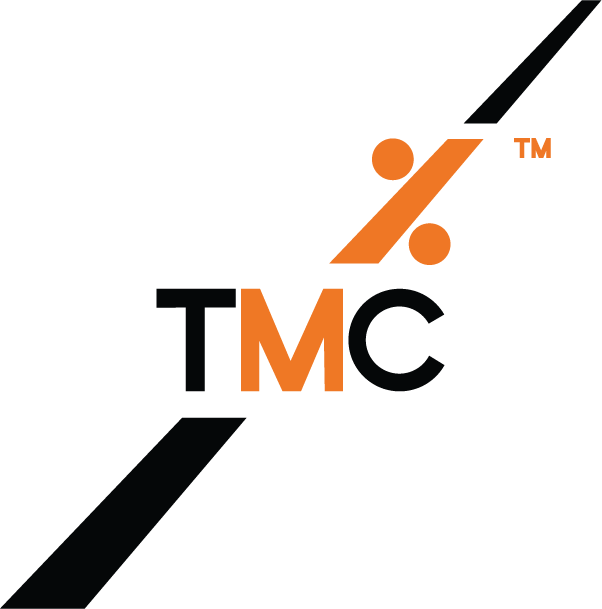When we looked into TMC Mileage Audit we could see the oppurtunity to achieve cost savings by getting more accuract data from the drivers. We’ve been able to outsource all the administration of mileage capture to TMC.
Schneider Electric
Schneider Electric
Schneider Electric
Schneider Electric
When we looked into TMC Mileage Audit we could see the oppurtunity to achieve cost savings by getting more accuract data from the drivers. We’ve been able to outsource all the administration of mileage capture to TMC.
When we looked into TMC Mileage Audit we could see the oppurtunity to achieve cost savings by getting more accuract data from the drivers. We’ve been able to outsource all the administration of mileage capture to TMC.
When we looked into TMC Mileage Audit we could see the oppurtunity to achieve cost savings by getting more accuract data from the drivers. We’ve been able to outsource all the administration of mileage capture to TMC.

